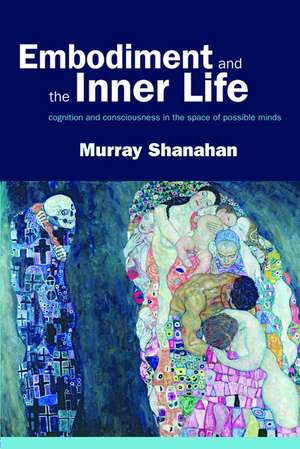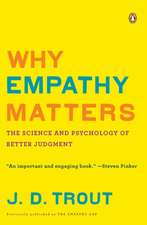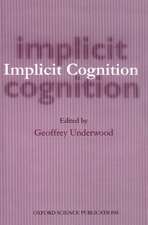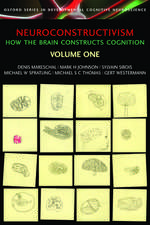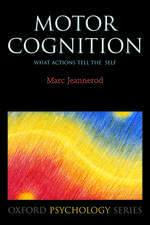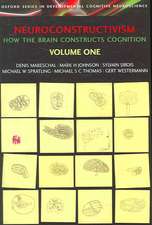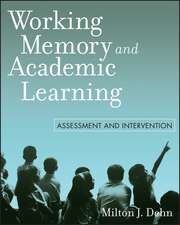Embodiment and the inner life: Cognition and Consciousness in the Space of Possible Minds
Autor Murray Shanahanen Limba Engleză Paperback – 24 iun 2010
Preț: 471.74 lei
Preț vechi: 626.91 lei
-25% Nou
Puncte Express: 708
Preț estimativ în valută:
90.28€ • 93.90$ • 74.53£
90.28€ • 93.90$ • 74.53£
Carte tipărită la comandă
Livrare economică 02-08 aprilie
Preluare comenzi: 021 569.72.76
Specificații
ISBN-13: 9780199226559
ISBN-10: 0199226555
Pagini: 230
Dimensiuni: 157 x 234 x 16 mm
Greutate: 0.39 kg
Editura: OUP OXFORD
Colecția OUP Oxford
Locul publicării:Oxford, United Kingdom
ISBN-10: 0199226555
Pagini: 230
Dimensiuni: 157 x 234 x 16 mm
Greutate: 0.39 kg
Editura: OUP OXFORD
Colecția OUP Oxford
Locul publicării:Oxford, United Kingdom
Notă biografică
Murray Shanahan graduated in Computer Science from Imperial College London in 1984. He gained his PhD in 1988, for research in Artificial Intelligence, from Cambridge University (King's College), where he also devoted a great deal of time to philosophy. He carried out postdoctoral work, first at Imperial College then Queen Mary College London, before rejoining Imperial College as a lecturer in 1998. He was awarded the title of Professor of Cognitive Robotics in 2006. His peer-reviewed publications cover a variety of disciplines, including computer science, neural networks, psychology, mathematics, and philosophy.
